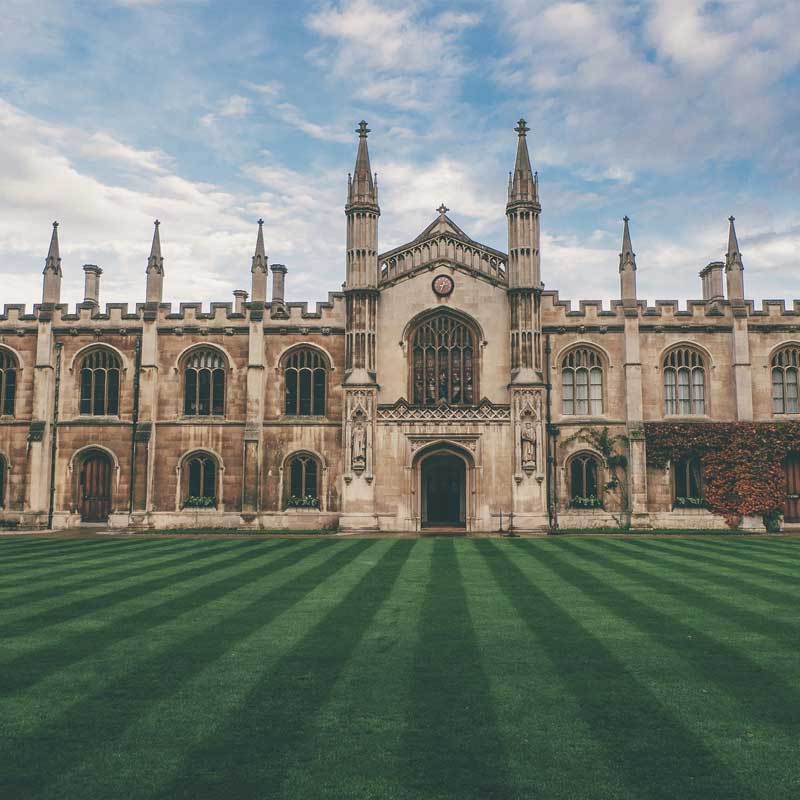Written by Casey Bulen
Today’s society reaches every part of the globe. Our students have the ability to communicate with any individual via email or Facebook, read their thoughts on personal blogs, or compete with them for jobs, scholarships or college admissions. This global society also gives us and our students the abilities to learn from and grow alongside people from all different cultures or backgrounds and adds a component to academia and student development that is vital to their continued success.
Throughout the last nine academic years, the Missouri Academy has had international students from a variety of cultural backgrounds enrolled in the program alongside students from the state of Missouri and neighboring states. This group includes students from China, South Korea and Panama. They live, learn and lead in the same building and on the same floors as the rest of our students. This interaction provides both U.S. and international students with the unique ability to experience a rigorous and academically challenging environment alongside each other.
Our international students start their time with us in a Cultural Transition Program, where we make sure that they are as prepared as possible for the environment and culture that they’re walking into. During these three weeks, they take a College Writing course, participate in various activities with our staff and Community Leaders, and discuss cultural diversity and key issues they may encounter while in the United States. For the next two weeks, they are joined by our domestic first-year students for more activities and discussions. Then, it’s off to the regular school year and getting into their full course load.
During the school year, our Residential Counselors coordinate a variety of cultural activities and discussions as part of the Student Development program. These include anything from Saturday Subjects, where students may discuss anything going on around the world from ISIS to K-Pop, and attending campus lectures on multiculturalism and diversity to watching various cultural movies and learning how to cook various cultural dishes. Student clubs and organizations organize Culture Weeks that highlight and celebrate cultures around the globe.
The biggest impact, though, comes in the day-to-day interactions our students have with each other. From my apartment on the floor with the students, I often hear them teaching each other their native languages, battling against each other on various video games, and learning about music and movies and food. They’re experiencing everything they can in American society, but also experiencing many things from other parts off the world.
It’s all of those experiences that will benefit them down the road. Whether they’re walking the streets of New York or London, teaching classes in Wichita, Kansas, doing research at Georgia Tech, or eating at a restaurant in Beijing or Los Angeles, they’re going to interact with people from any combination of different backgrounds. They’ll fall back on the experiences they’ve been offered in this program and feel more comfortable and prepared regardless of what they encounter in the future and that will help them succeed in any path they choose!

